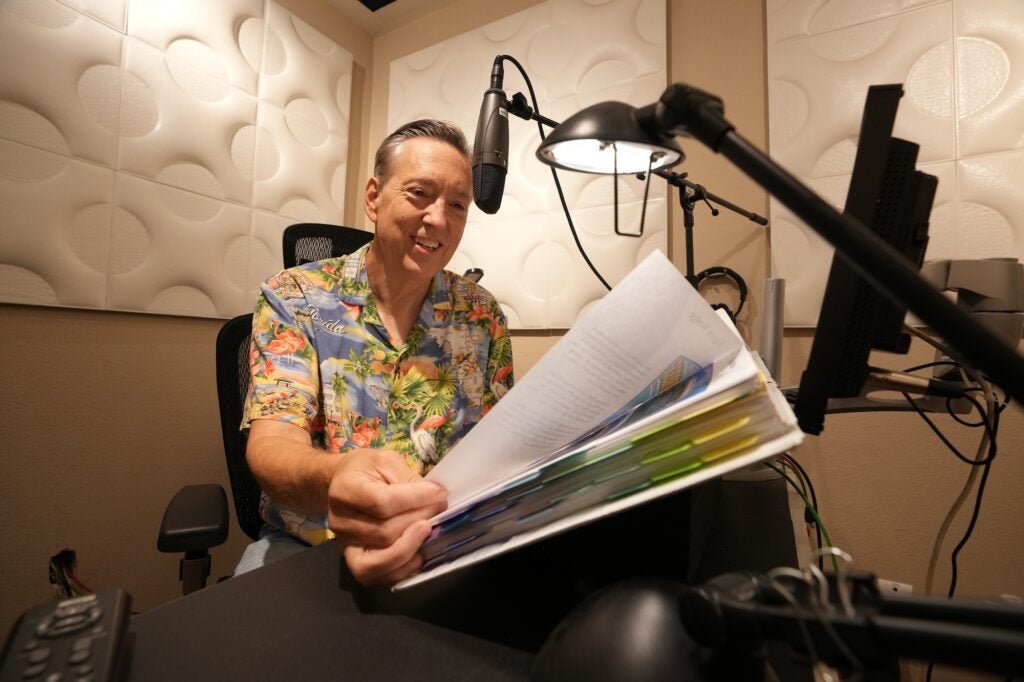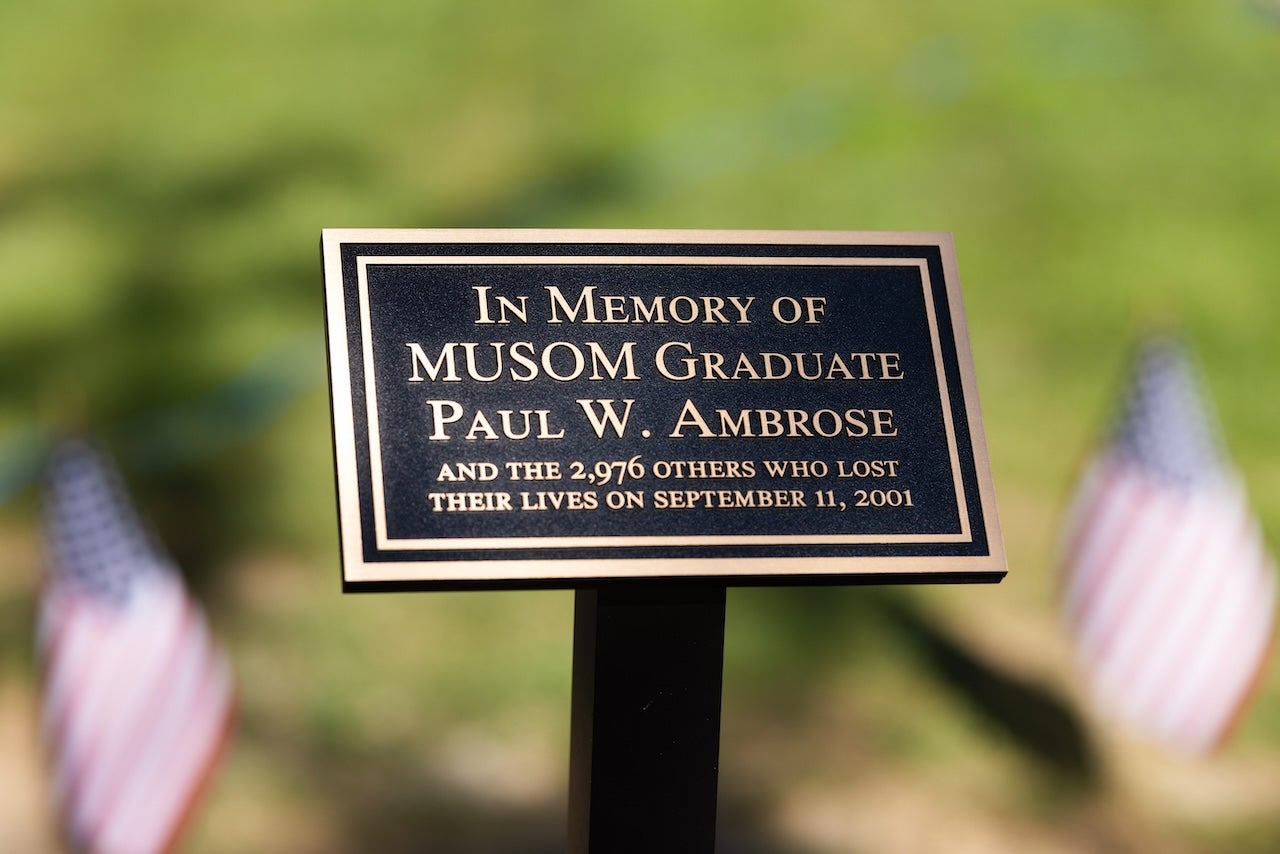Common Search Terms:

Marshall University News
What's happening at Marshall University
Recent Moments
 A First-Gen Journey of Healing and Hope
Nov 4, 2025
A First-Gen Journey of Healing and Hope
Nov 4, 2025
 Choosing Marshall
Oct 28, 2025
Choosing Marshall
Oct 28, 2025
 Finding Purpose Through Resilience
Oct 21, 2025
Finding Purpose Through Resilience
Oct 21, 2025
 Jim Thornton: The voice of “Wheel of Fortune” remembers his time at Marshall.
Oct 14, 2025
Jim Thornton: The voice of “Wheel of Fortune” remembers his time at Marshall.
Oct 14, 2025
 Three Generations Strong
Oct 7, 2025
Three Generations Strong
Oct 7, 2025
 Third time’s the charm
Sep 29, 2025
Third time’s the charm
Sep 29, 2025
 ‘Stay curious’
Sep 22, 2025
‘Stay curious’
Sep 22, 2025
Upcoming Events
Celebrate Distance Learning with Marshall Online
November 05
Faculty & Staff
Lunch & Learn – Adobe Remixable Templates
November 05
Faculty & Staff
Awards Ceremony & Reception for the Stephen and Sue Zemba Excellence in Online Teaching Award
November 05
Students,
Faculty & Staff
Autumn Aromas
November 05
Students
First-Generation Celebration
November 06
Chamber Music Concert Series: The Double Bass!
November 06
General Public
First-Generation Coffee Talks
November 06
Virtual HOME Framework Training with Marshall Online – November 6
November 06
Faculty & Staff
Book Presentation
November 06
Marshall University Women’s Basketball vs Northern Kentucky- We Are Thankful
November 06
Recent News Releases
Marshall School of Art & Design to present student art exhibits
October 31, 2025
Featured Videos



Featured Photo Galleries
Share Your Story
Share your favorite Marshall Moment with us—whether it’s a meaningful memory, a proud achievement, or a special connection you’ve made at Marshall University. Your stories help capture the heart of the Herd and may be featured in future university projects, publications and campaigns. Submit your moment today and help us celebrate what makes Marshall so special!
More News
College of Arts and Media
Marshall School of Art & Design to present student art exhibits
October 31, 2025
Brass Band of the TriState to perform Oct. 21
October 17, 2025
Marshall to present ‘Found and Fabricated’ art exhibit
October 9, 2025
Marshall to present ‘When We Were Young and Unafraid’
September 24, 2025
College of Business
Marshall welcomes Harvard Business School students
October 15, 2024
Tricia Ball returns to Marshall to lead the iCenter
October 2, 2024
College of Education and Professional Development
Marshall professor selected for the Fulbright Specialist Roster
October 14, 2025
College of Engineering and Computer Sciences
Marshall cyber programs see record growth
September 10, 2025
College of Health Professions
College of Liberal Arts
College of Science
Marshall to host middle school summer science camps
May 29, 2025



